Flooring Options for All Criteria
Every good home needs to have flooring that is both beautiful and functional. When building a new home or renovating your old one, choosing flooring that is durable, practical, and aesthetically pleasing is the best way to ensure that your living spaces are built to last.
Ideally, every floor in your home should have flooring that has most of these qualities and will also be low maintenance to keep costs down. But with such an abundance of options, it can be difficult to know which will work best in the room you need it for. From terrazzo to parquet each flooring material will have its benefits and drawbacks, and each will have a function that it is especially well suited for.
Choosing the right flooring, therefore, requires good research. It also requires a basic understanding of which type of floor works best for which job and setting.
Best Flooring For Thermal Conduction
Thermal conduction is an important quality in flooring materials for two reasons.
Keeping Things Warm
Firstly, a floor that has good thermal conductivity will keep a house warmer during cold months and cooler during warmer months. This is thanks to the material’s ability to conduct and retain thermal energy much in the same way that a thermos does. A house that has floors with high thermal conductivity ratings is, therefore, a home with good thermal efficiency. Essentially, the most thermally conductive flooring can therefore reduce energy waste and make your home more sustainable.
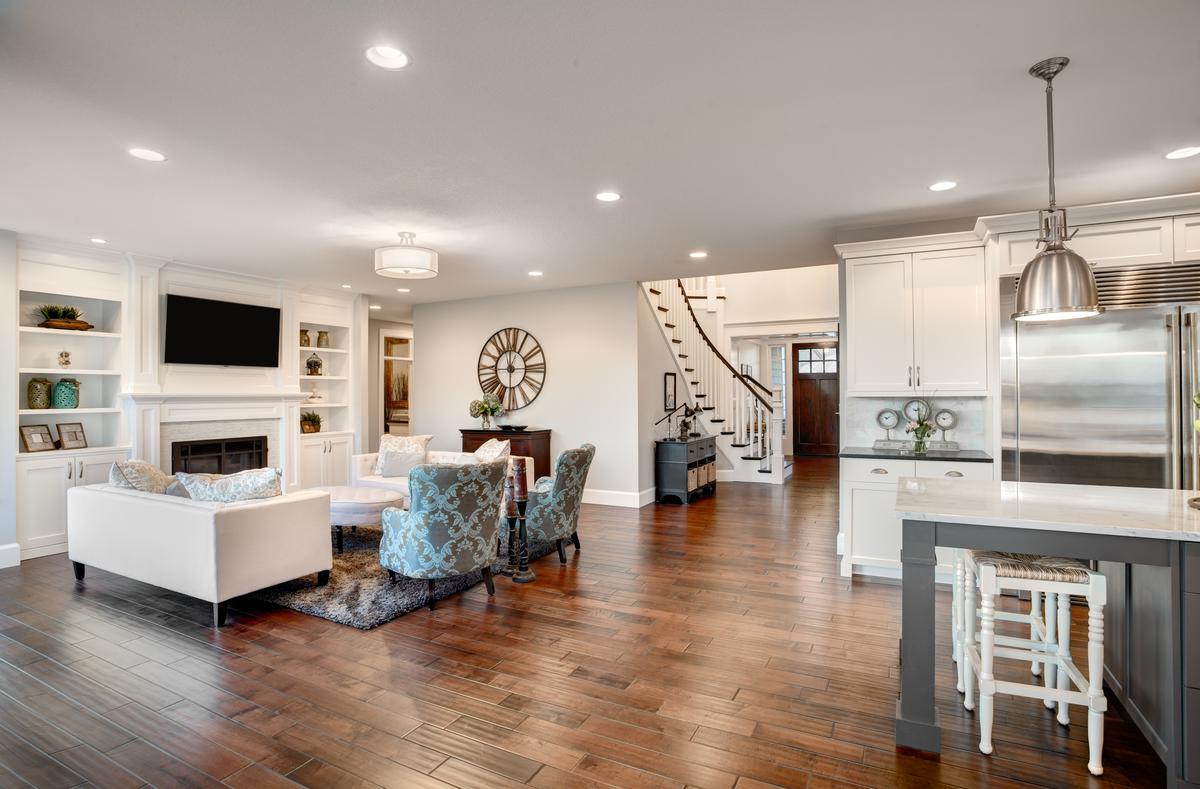

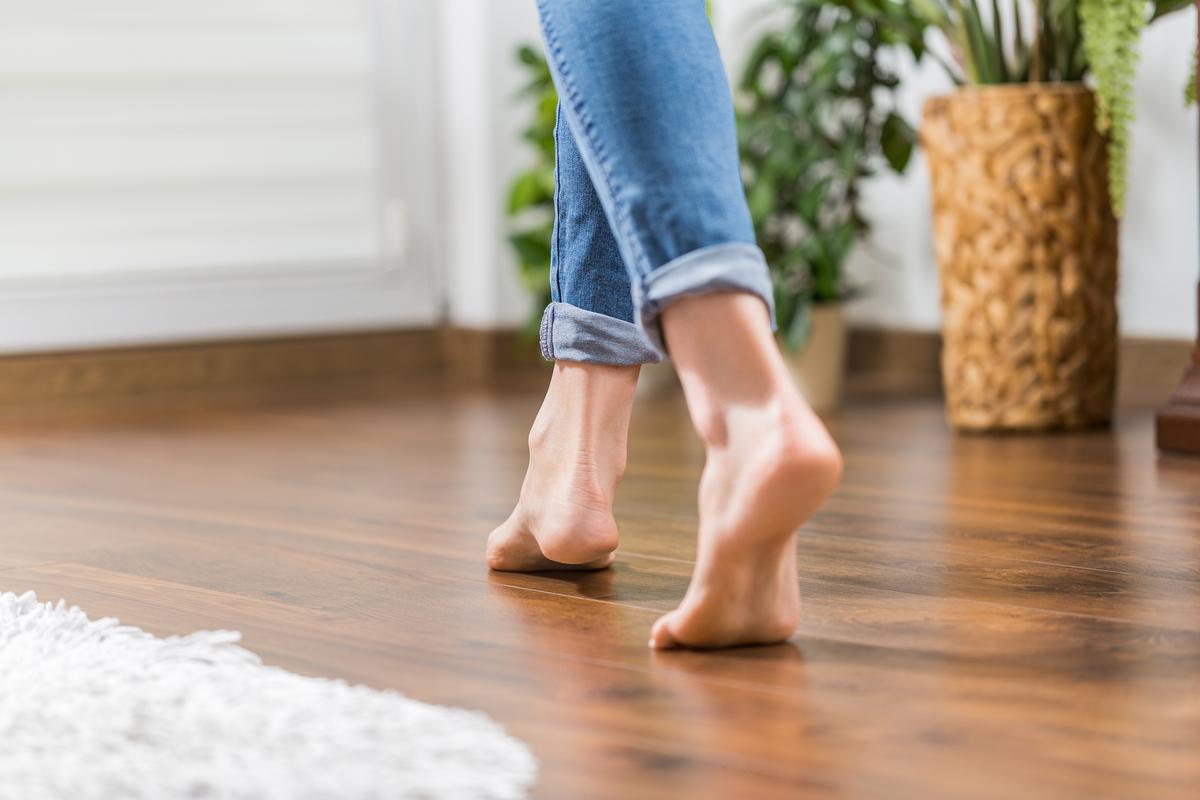
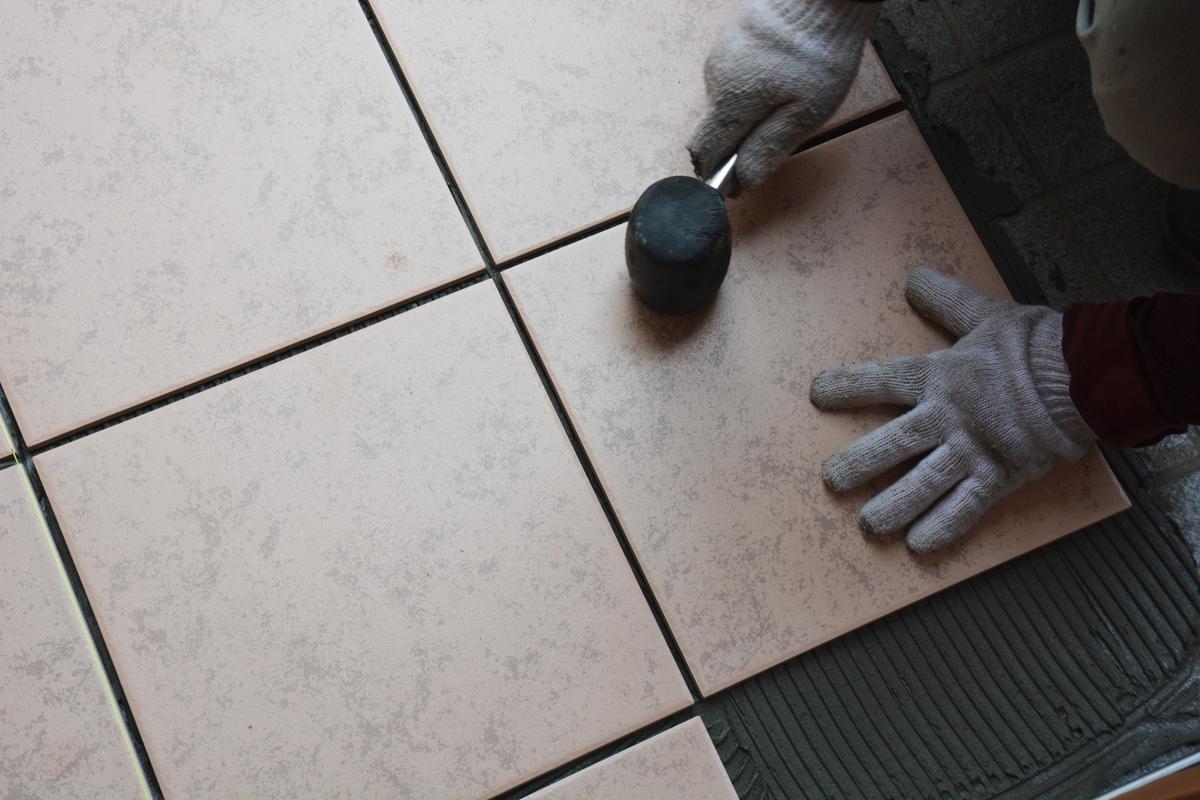
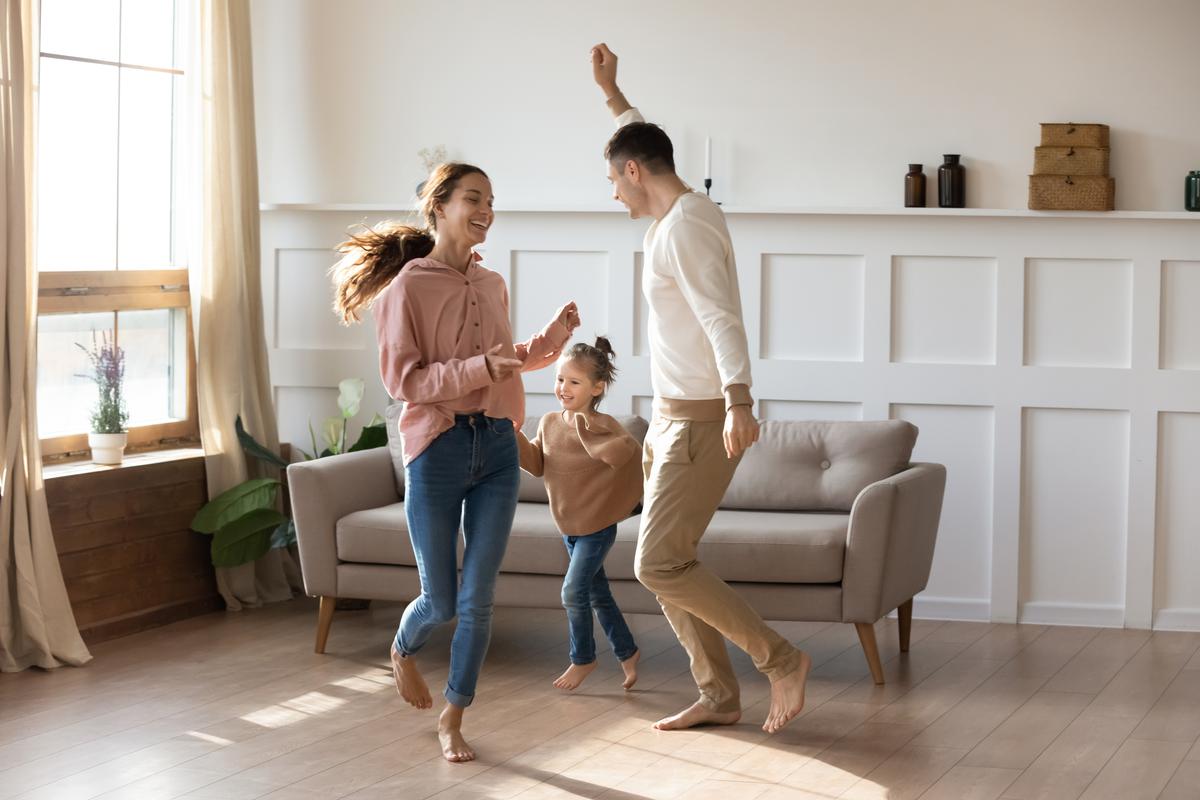
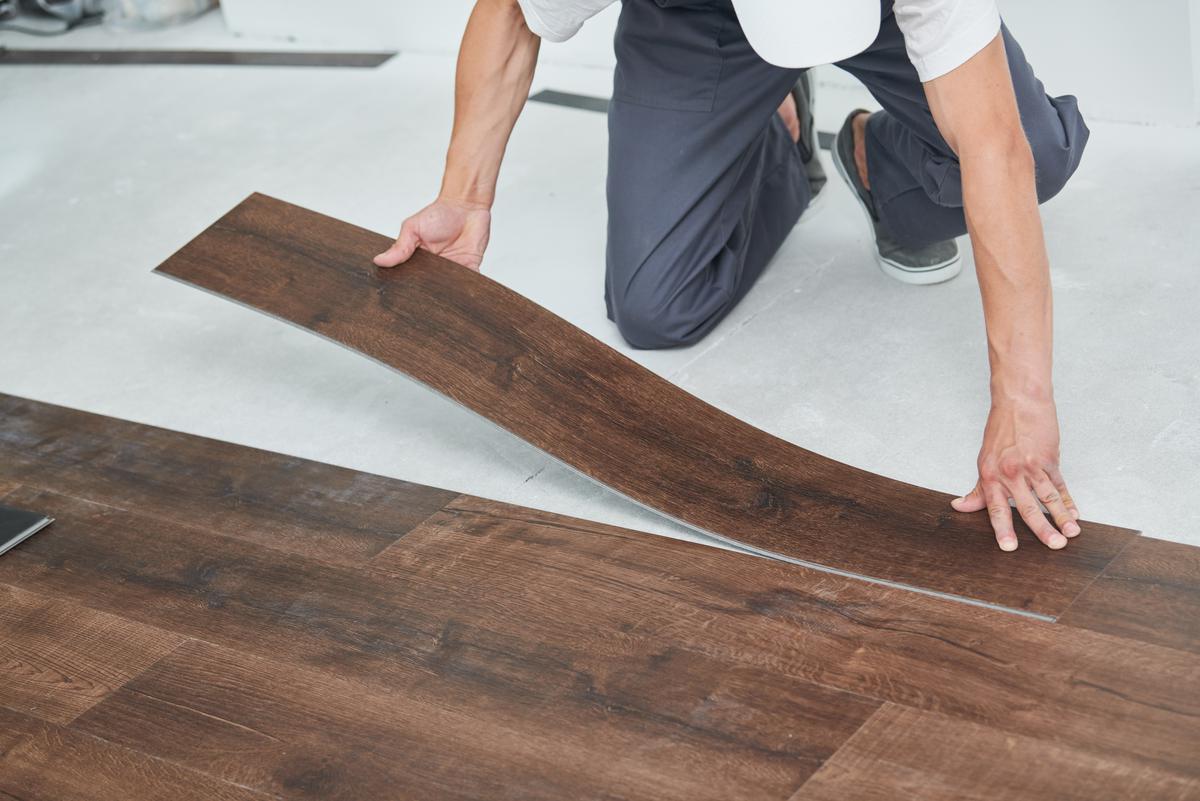
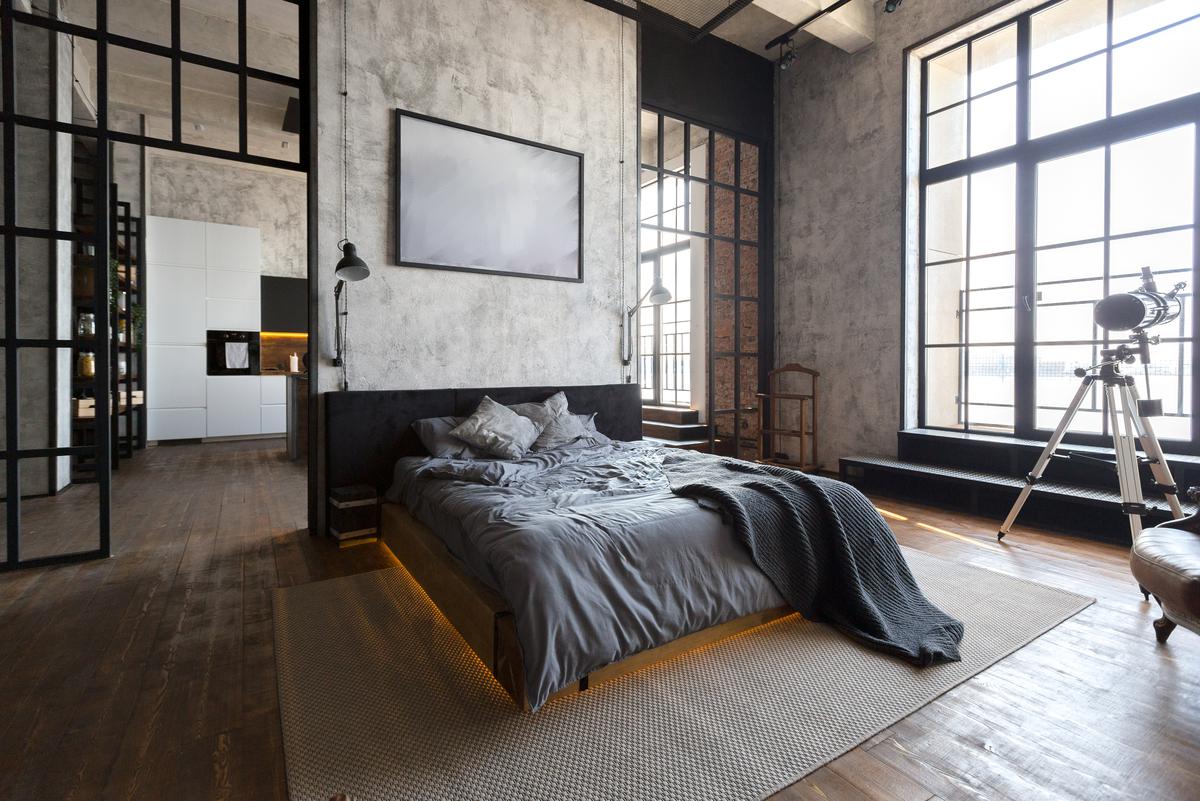
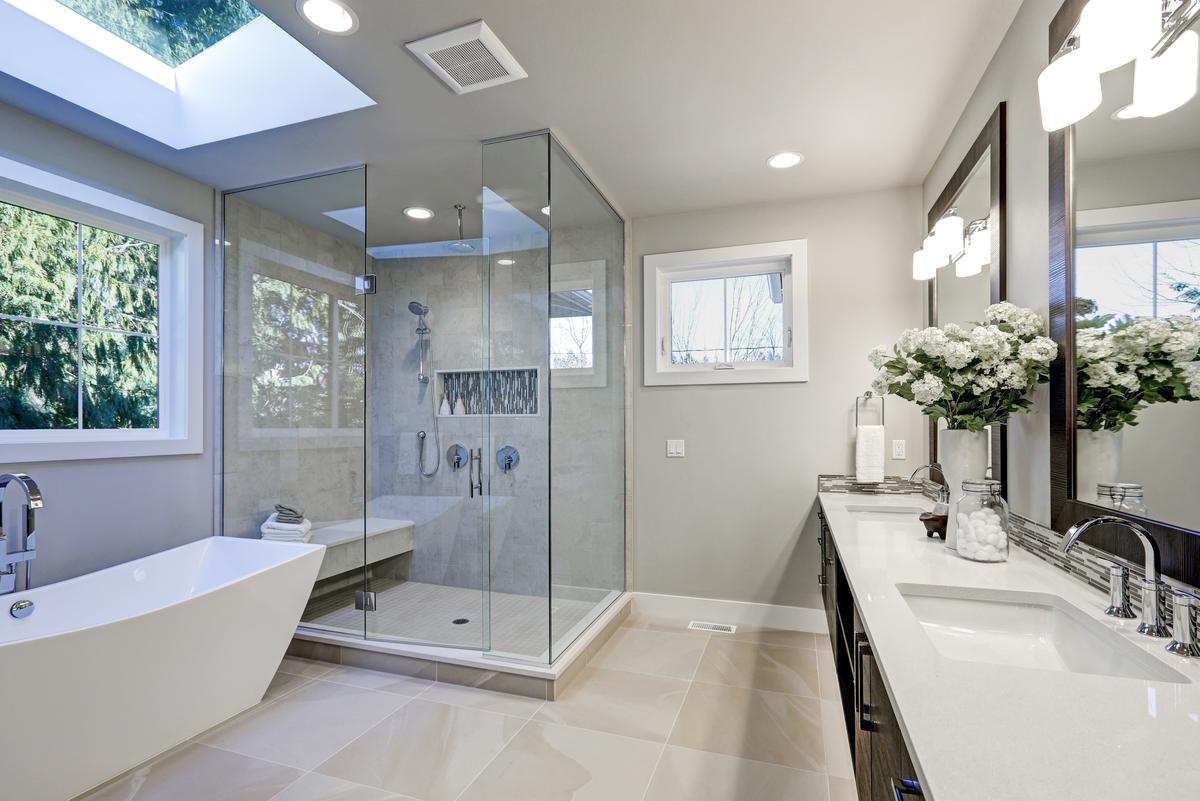
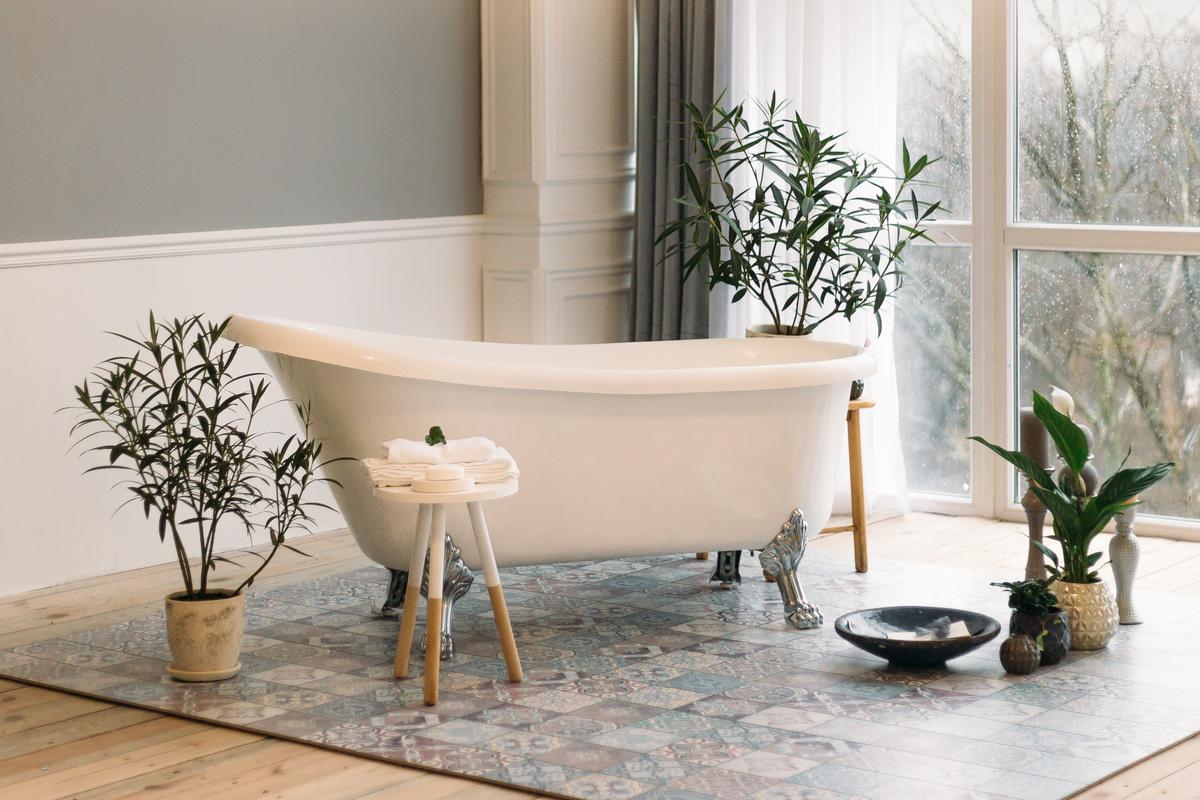

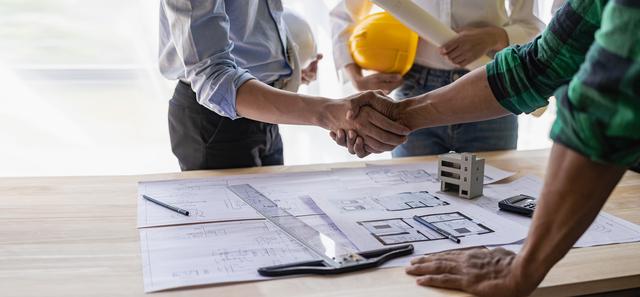
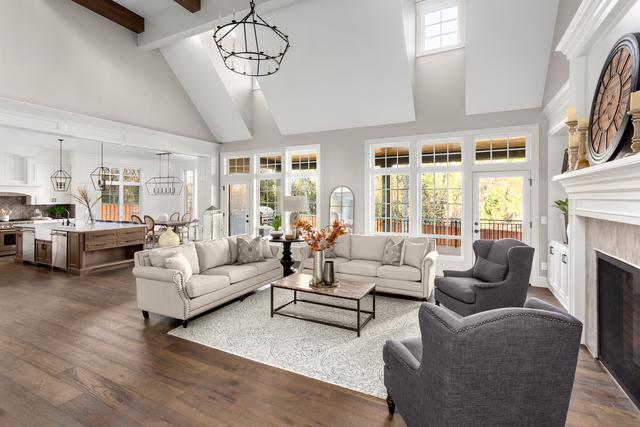
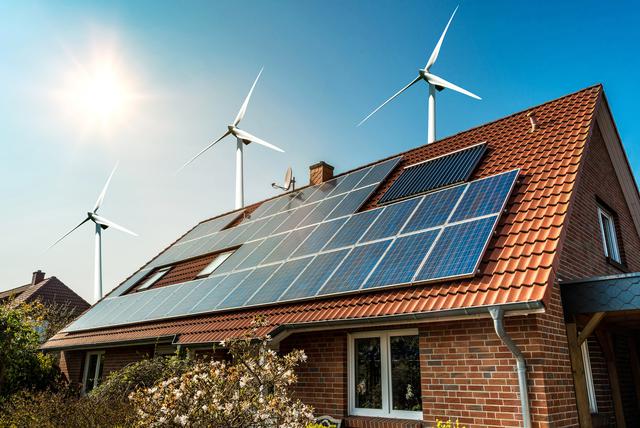

comments